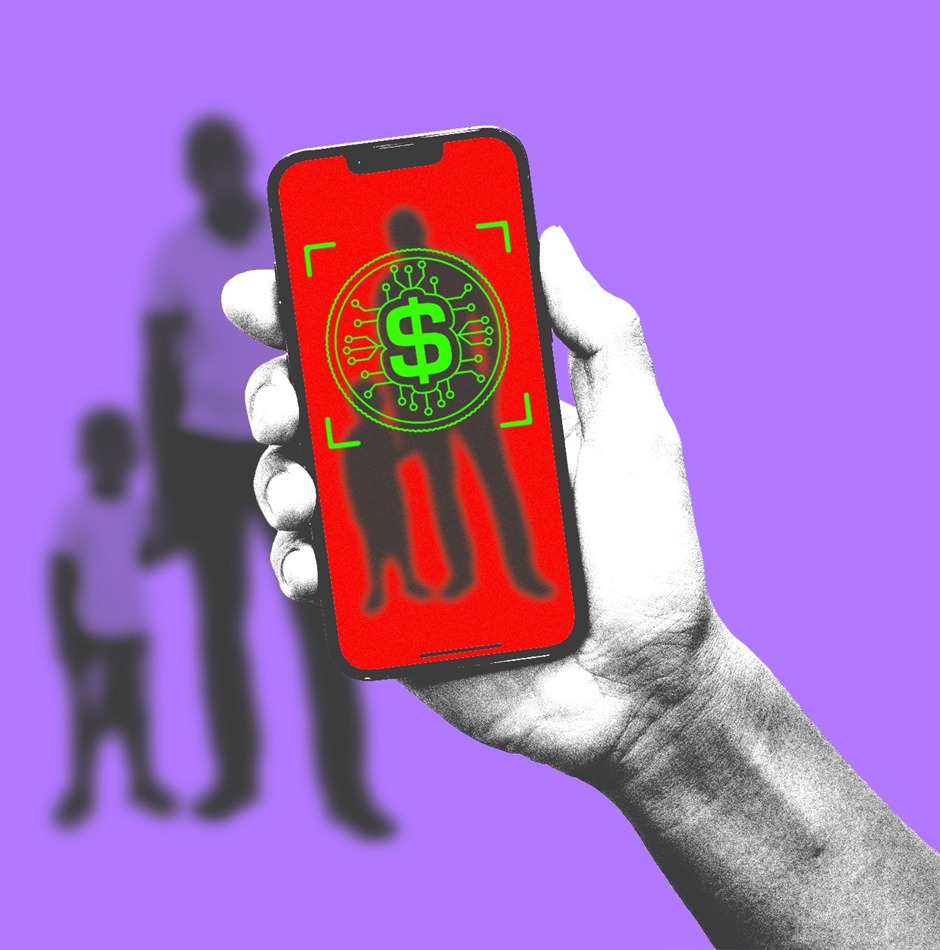You can’t make this up—an app claiming to “help law enforcement” by turning users into crypto bounty hunters, powered by a Solana-based meme coin. Welcome to ICERAID, the Web3 fever dream promoted by far-right influencers who turned immigration enforcement into a digital game and wrapped it in blockchain buzzwords. It’s not just absurd. It’s dangerous. And, unsurprisingly, it’s likely a scam.
At first glance, ICERAID looks like a DIY surveillance system. The app claims to let users report “illegal activity” by uploading photos or videos and, in return, get paid in crypto—specifically a meme coin that lives on Solana. It’s packaged like a decentralized version of a tip line, except without actual ties to law enforcement, no evidence of follow-up, and no transparency around how (or if) users are ever paid.
But let’s be clear: this isn’t innovation. It’s exploitation. Of crypto. Of trust. And of the ugliest parts of internet radicalization.
The Red Flags Start at the Top
Jason Meyers, the creator of ICERAID, has a background straight out of a regulatory nightmare. Once permanently barred from working with broker-dealers by FINRA, he’s the last person you want anywhere near your wallet. His past projects have failed or drawn scrutiny for legal and ethical gray areas. So it’s no shock ICERAID smells more like a meme coin pump wrapped in political bait than an actual civic tool.
The “rewards” aren’t guaranteed. Submissions go into a black hole. And the only thing that’s real is the coin’s presence on Solana and its slow pump via online hype. It’s DeFi drama meets ICE cosplay. And the real joke? No one’s laughing—except maybe the devs dumping their bags.
When Law Enforcement Becomes a Marketing Gimmick
The app’s entire pitch hinges on a fantasy: that your smartphone can be weaponized into a border patrol tool, with the government sending you coins for catching “criminals.” But no federal agency has endorsed or acknowledged ICERAID. No partnerships. No protocols. Nothing official. What it does have is loud Twitter accounts, fringe influencers, and a Telegram chat full of people hoping their tip gets them paid.
It’s a sad parody of public service, turned into a speculative asset game. But that’s what makes it so dangerous. Because the people uploading “tips” might be taking real risks—exposing themselves or others—believing they're helping when they're really just giving engagement fuel to a meme coin scam.
The Meme Coin Loop of Hype and Harm
Meme coins thrive on virality, and ICERAID plays that game hard. Attach a politically charged concept. Add buzzwords like “GovFi,” “citizen power,” and “decentralized justice.” Get a few controversial influencers to drop support. Stir in some social media outrage. Suddenly, you’ve got volume on DEXes, and someone’s making money.
But it’s not the users. It’s the same pattern we’ve seen before:
- Early insiders mint and hoard supply
- A fake utility is created (like surveillance-as-a-service)
- Token pumps via hype and fake promise
- Team slowly exits, liquidity drains
- Coin crashes, and “community” is left broke and silenced
It’s not law enforcement. It’s law evasion dressed in blockchain.
Crypto + Politics = The Worst Kind of Grift
ICERAID isn’t just a scam—it’s a symptom. Of how crypto can be used to launder legitimacy into deeply controversial or unethical ideas. Of how the line between financial schemes and political extremism keeps blurring. And of how easily meme coins can become vessels for chaos when no one’s watching.
You don’t need to squint to see what’s really going on. This isn’t about community safety. It’s not about border security. It’s about grifting attention, fueling division, and pumping a coin until it’s time to rug.
Final Word: This Ain’t Justice—It’s Just a Scam
If the future of citizen engagement is submitting random videos into an app made by a banned broker while praying for Solana rewards, we’ve already lost. ICERAID doesn’t enforce laws. It enforces the idea that crypto is still wild, unregulated, and willing to attach itself to anything—even hate—if it makes a quick buck.
So next time you hear about a “GovFi” project with patriotic branding and a token attached? Don’t just question it—expose it. Because no coin should ever masquerade as a badge.

